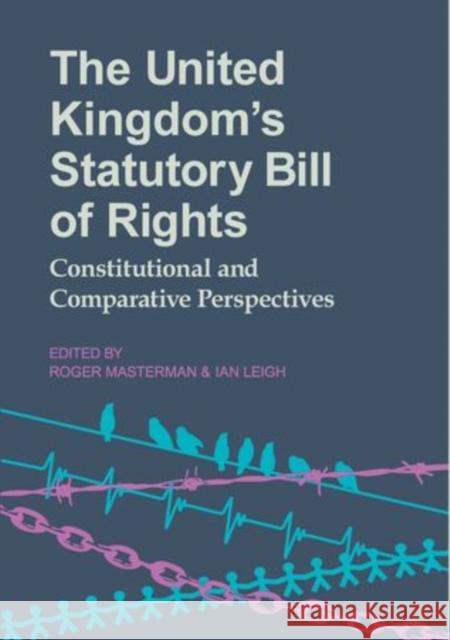The United Kingdom's Statutory Bill of Rights: Constitutional and Comparative Perspectives » książka
The United Kingdom's Statutory Bill of Rights: Constitutional and Comparative Perspectives
ISBN-13: 9780197265376 / Angielski / Twarda / 2013 / 370 str.
By providing enforceable remedies for breaches of Convention Rights in domestic courts, and in allowing judges to scrutinise parliamentary legislation on human rights grounds, the United Kingdom's Human Rights Act 1998 marked a sea-change in the relationships between the individual and the state, and between the courts and the political branches of government, as they had been traditionally understood. Despite the undeniable practical importance of the Human Rights Act, widespread political and popular scepticism over the nature of rights adjudication and the relationship between human rights laws and-for instance-measures designed to combat terrorism and crime, has prevented the Human Rights Act from being seen as an established and essential part of our constitutional structures. This uncertainty has not however prevented the Human Rights Act from exerting significant constitutional influence within the United Kingdom, within the framework provided by the European Convention and European Court of Human Rights, and beyond. This edited collection of essays therefore seeks to chart the lasting constitutional impact of the Human Rights Act at a point when its political future is far from assured. To that end, chapters examine the relationships between the Human Rights Act and domestic constitutional doctrine, with the Convention's enforcement bodies at Strasbourg and with statutory bills of rights in other common law jurisdictions. Further, the collection goes on to examine the permanence of changes initiated in domestic legal reasoning and process-including to judicial technique and in advocacy-before finally turning to examine how the experience of the Human Rights Act might influence the future development of a Bill of Rights for the United Kingdom.











